About the Inquiry
The UK Covid-19 Inquiry is
- finding out what happened during the covid-19 pandemic in the UK
- learning how to prepare for pandemics in the future
The Inquiry is divided into modules.
Each module is about a different subject. Each module has:
- public hearings – events where people talk about their experiences
- a report
Every Story Matters
Every Story Matters is one way that the Inquiry gathers people’s experiences of the pandemic.
Anyone in the UK can share their stories with us. We do not use people’s names.
Stories help us to learn about what happened, then decide how to do things differently in future.
You might feel upset when you read and share stories. Here is a link to information about getting support: https://covid19.public-inquiry.uk/support–whilst-engaging-with-the-inquiry/
Records

Every module uses evidence from Every Story Matters records.

Each record is a summary of the things people told us.
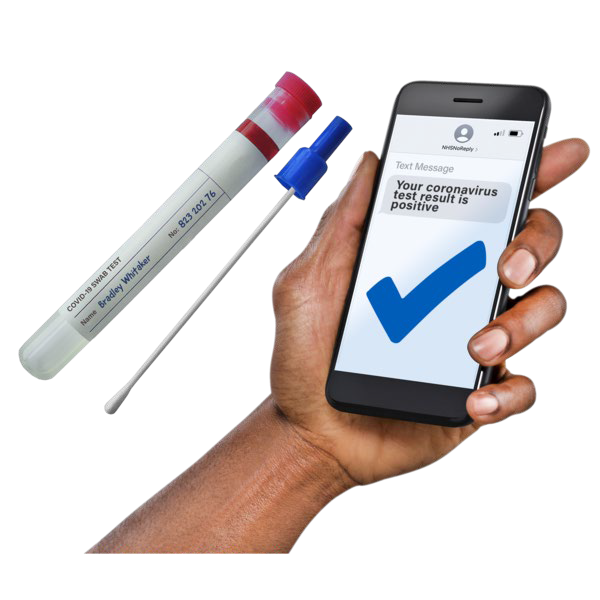
This document is the Easy Read version of the Test, Trace and Isolate record, for Module 7 of the Inquiry.
The Every Story Matters records are on our website: https://www.covid19.public-inquiry.uk/every-story-matters/records/
Test

Tests told people whether they had Covid-19 or not. There were testing centres and home testing kits.
Trace
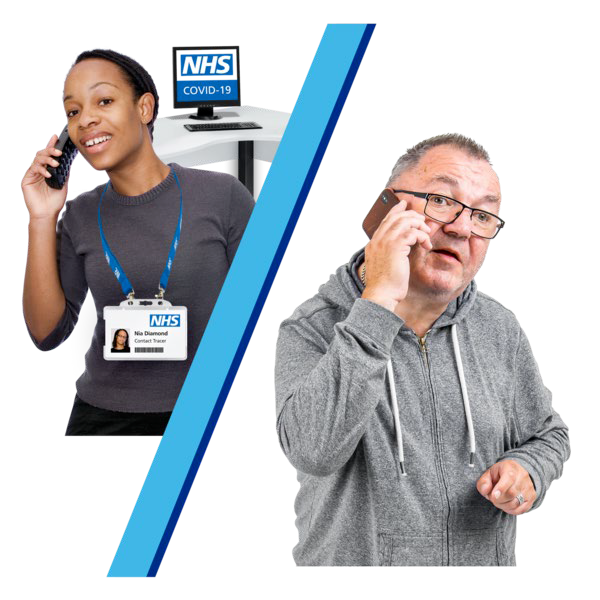
People with Covid-19 were asked who they had been close to recently.
NHS Test and Trace staff told these people that they were at risk of getting Covid-19.
Isolate
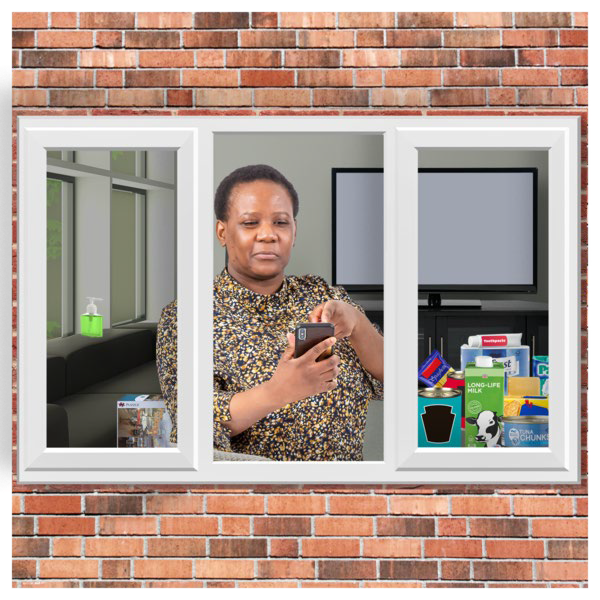
People had to stay at home, to avoid spreading the virus.
People’s stories
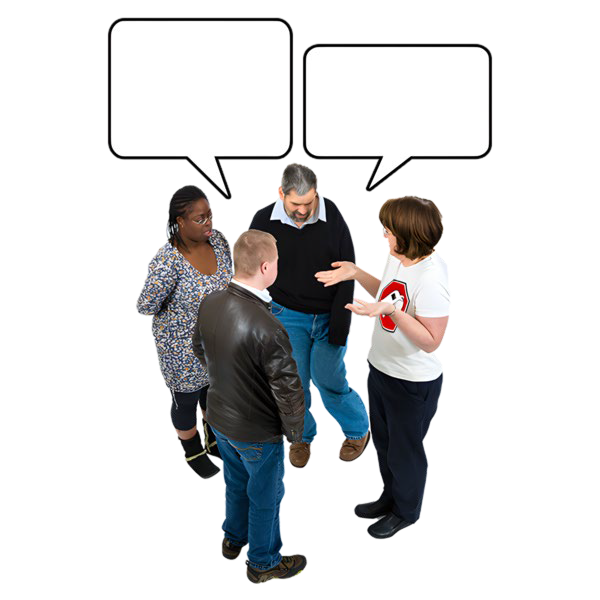
The rest of this booklet tells you about some of the things people told us about Test, Trace and Isolate.

Information
Things that helped
What stopped people testing and isolating?
Fines
Experiences of groups of people
Ideas for the future
Information

Many people said they understood how to Test Trace and Isolate at the start of the pandemic.
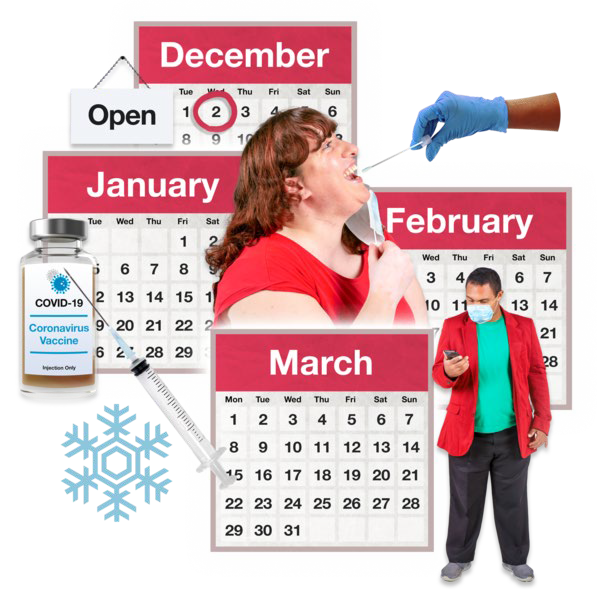
But then the rules kept changing. This was confusing. People became unsure about what to do.

Some people found it harder than others. For example: people whose first language is not English, and people who do not use the internet.

Many people didn’t know about the support they could get when they were self-isolating.
Things that helped
Here are some things that helped people to Test, Trace and Isolate:
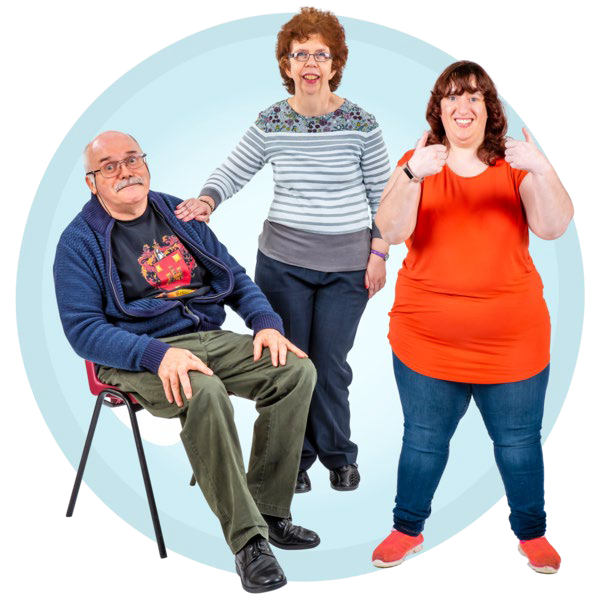
- feeling they were protecting people they care about
- having to test as part of their job
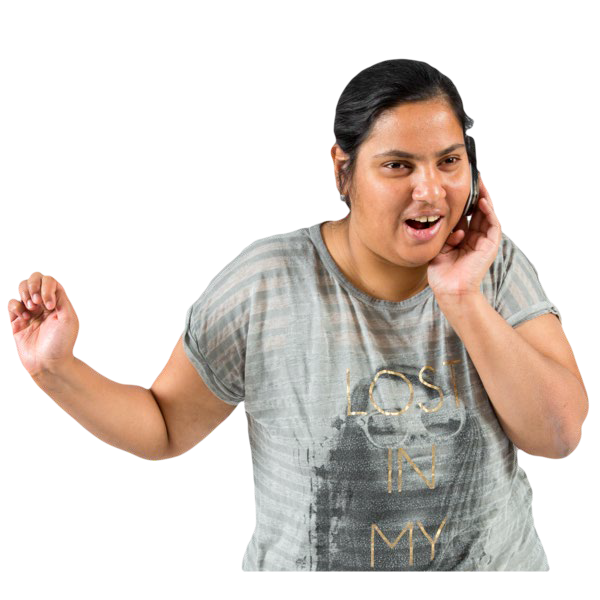
- getting help from family, friends and community groups
- wanting to go back to “normal life” as soon as possible
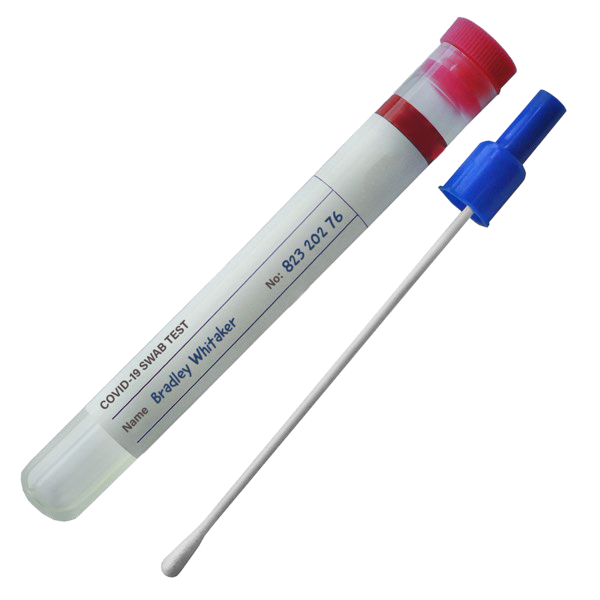
- it made them worry less
- it was easy to get free tests
What stopped people testing and isolating?

- not trusting the test and trace process
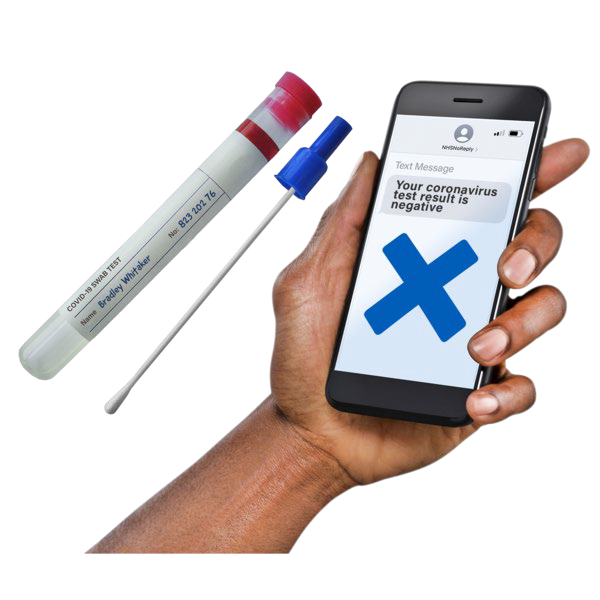
- politicians broke the rules

- booking tests was too complicated
- it was hard to learn to use the tests

- tests felt very uncomfortable

- loss of freedom when self-isolating
- no support from family or friends
Fines

Some people were given fixed penalty notices if they broke the rules.
This meant they had to pay money called a fine.

- some people told us that fines made them want to follow the rules
- some people thought the fines should have been bigger
- some people thought the fines made no difference

- immigrants worried that a fine might affect their application to live in this country
Experiences of groups of people

- Parents
Some people told us that testing children was difficult, especially if they had autism, ADHD or other needs.

Testing very young children could also be very distressing.
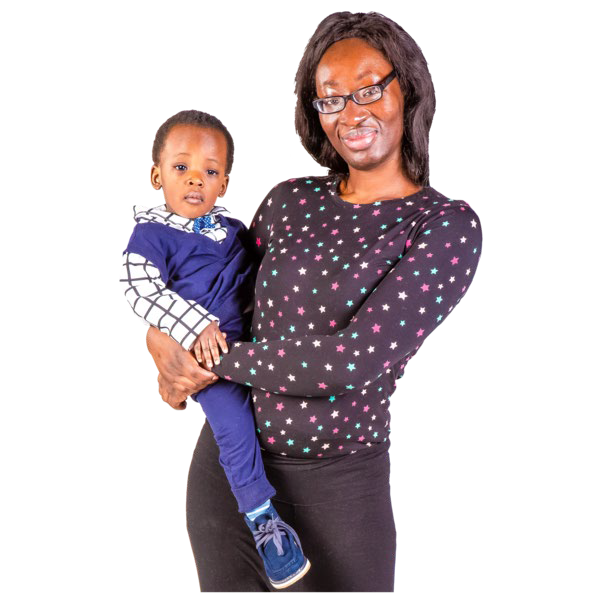
Self-isolating with young children was very hard.

- Those who helped older people
People with arthritis or shaky hands needed help with doing the tests.

Tests could have been designed to be easier for these people.

Testing people with dementia was very hard. Sometimes they did not understand what the test was for.

- Deaf and disabled people
Some of the testing centres were not accessible.
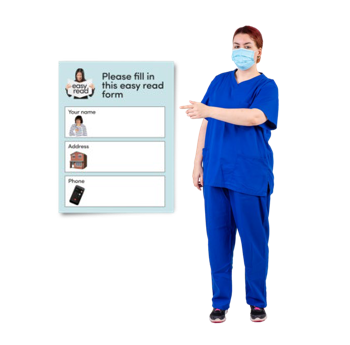
Test kit instructions were not accessible for everyone.
Some testing centres had helpful staff and Easy Read information.

Deaf or disabled people were affected when community organisations closed.

- Victims of domestic abuse
Some people felt pressured by their partner to either follow or not follow the rules.
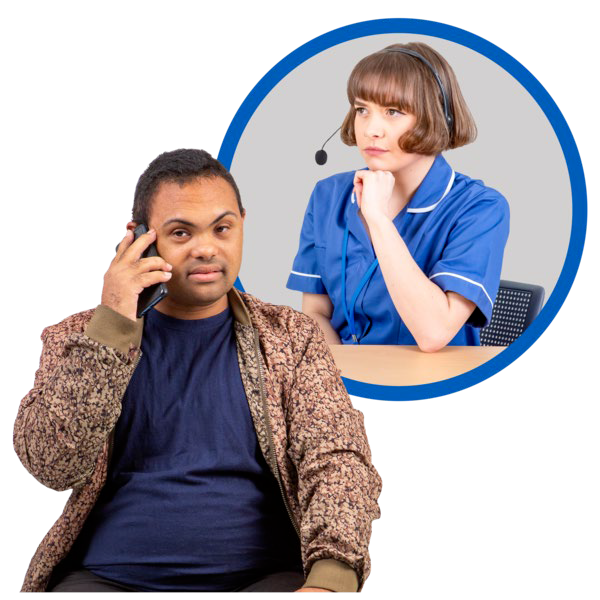
- People who find reading difficult
People needed help to understand how to use the test kits, and how to book tests online.
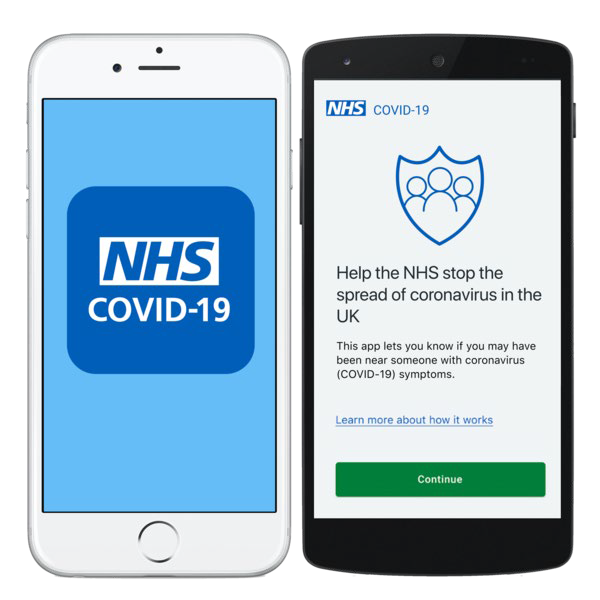
People felt confused and anxious about using the tracing apps.
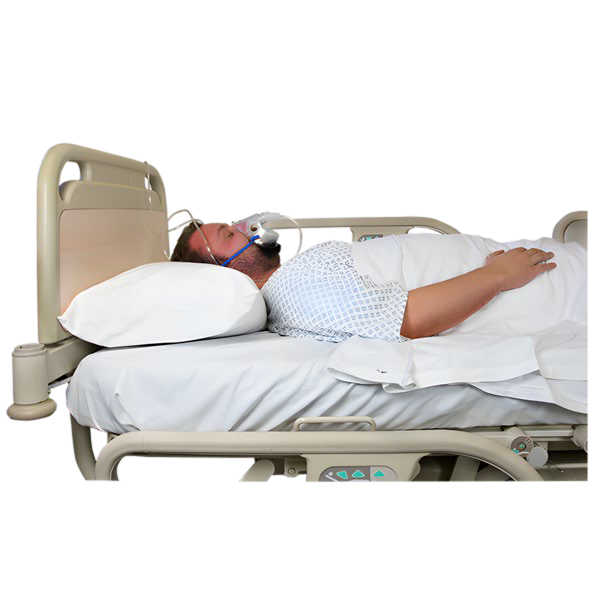
- People who lost loved ones
Self-isolating was very hard when people had a friend or relative who was dying in hospital.

When a loved-one died, people could not meet with friends and family for support. This was extremely hard.
Ideas for the future
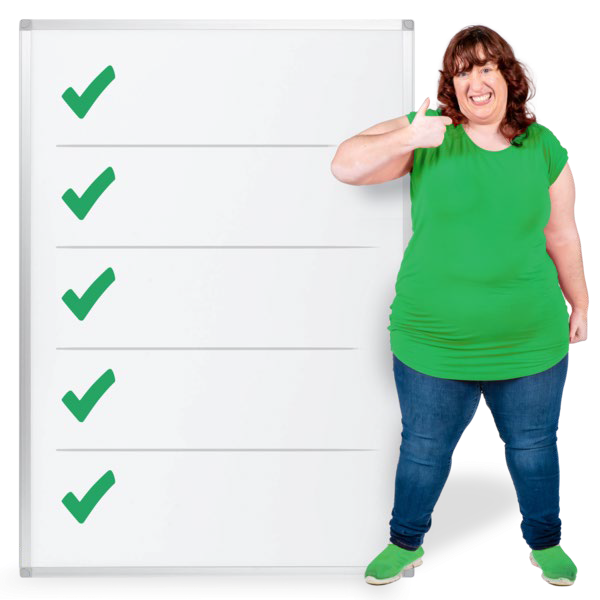
Make rules clear. Don’t change them. Help people to understand why the rules are needed.
Make rules the same in England, Scotland, Wales and Northern Ireland.

Community leaders can help with telling local people about rules and restrictions.

Offer more support. For example, for:
- mental health
- money
- people who don’t use computers
- people who live in rural areas
More information
Download a full version of the record here:
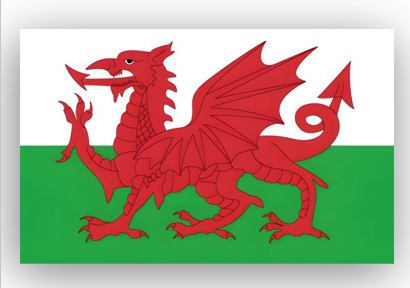
You can ask for a short version of the record in other formats:
- English
- Welsh

